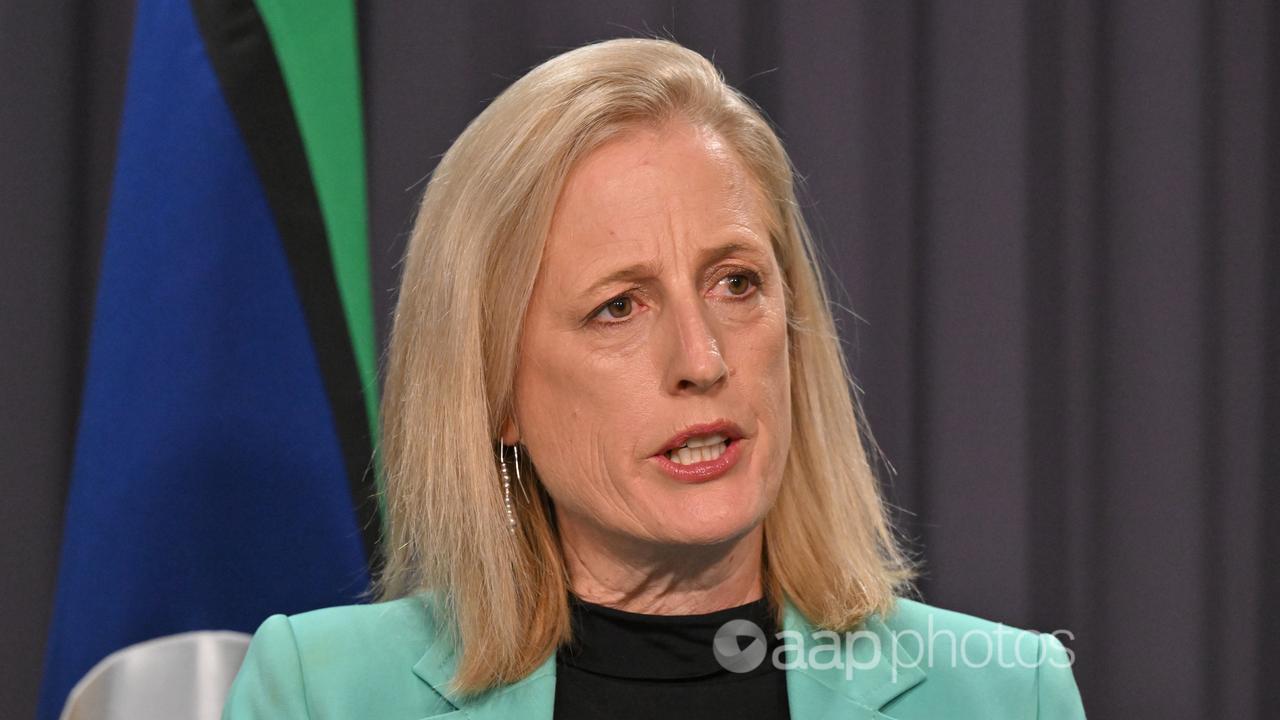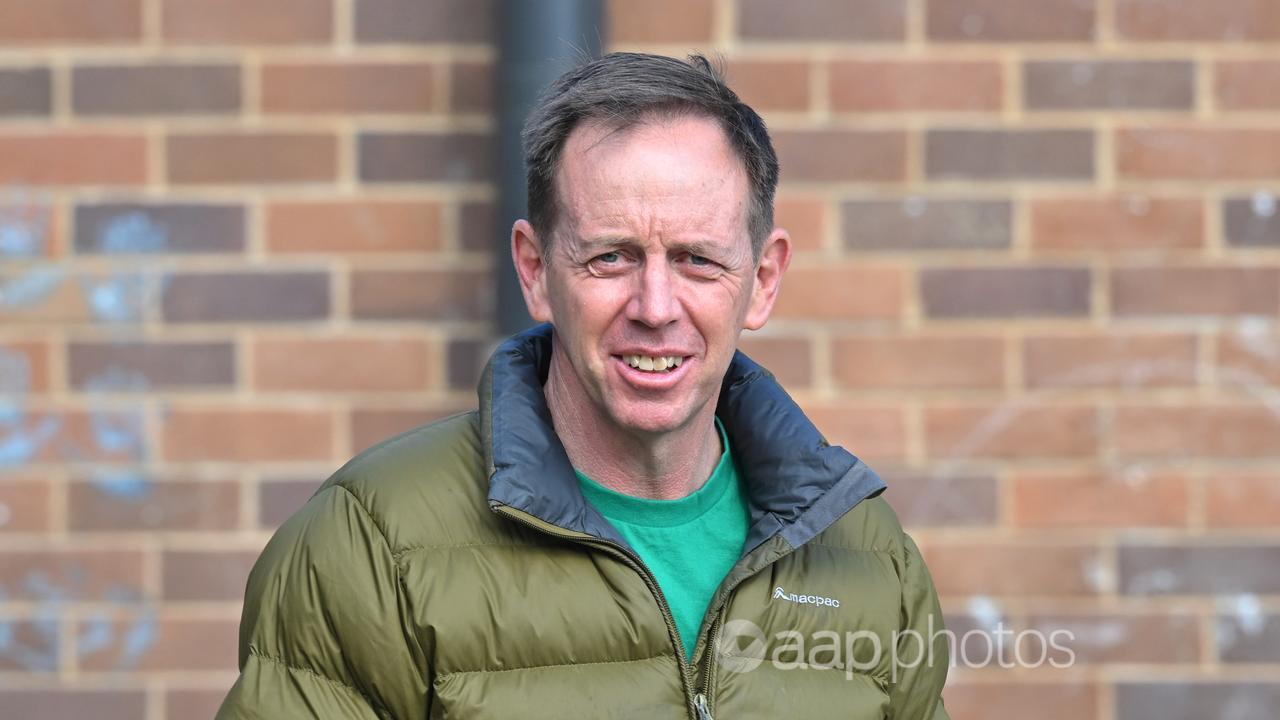Independents have been heartened by state and territory gains with indications the successful movement at the last federal election wasn’t an anomaly.
The Greens have lost two or three seats in the ACT election where two independents won for the first time in a quarter-century.
A teal candidate is meanwhile set to claim victory in a NSW by-election.
Labor, Liberal and the Greens had small swings against them in the ACT but Labor retained enough votes to hold its 10 seats and form a minority government with the weakened Greens.
Continued swings away from the major parties in the ACT and NSW signalled a mood for change, independent senator David Pocock said.
“This shows there is a growing, rather than a diminishing, appetite from Australians for people in parliament who are there to directly represent the community, not major parties or vested interests,” he told AAP.

Part of the Greens waning vote could be a course correction after a generous vote at the last ACT election.
But it also showed people were looking away from traditional parties, Finance Minister Katy Gallagher told AAP.
“It could continue,” the ACT senator and former chief minister said of the trend.
Senator Pocock, who wrote history by toppling the traditional Labor-Liberal upper house seat split in the territory in 2022, could continue to siphon votes from the Labor-Green progressive column, she said.
“We’re going to have to campaign hard to hold those (Canberra-based) seats and in the Senate as well,” she said.
“There’s a rusted-on Liberal vote in this town. Senator Pocock took Green-Labor votes, he only took a very small percentage of Liberal votes.”
The ACT has an anomalous representative system in Australia with voters electing five members per electorate, meaning small swings can disproportionately extrapolate into a higher proportion of seats.
The Greens, for example, doubled their seats in the ACT Legislative Assembly to six at the 2020 election despite recording a 3.2 per cent swing. It meant on 13.5 per cent of the vote, the party had a quarter of seats.
Greens leader and ACT attorney-general Shane Rattenbury acknowledged while the party had pushed Canberra politics to the progressive side using its balance of power in a minority government with Labor, people wanted further action.

The party would take time to soul search and touch base with the community but it was clear the Greens also bore public anger when the government didn’t perform up to expectations, he said.
In Pittwater, the Climate 200-backed Jacqui Scruby – a former staffer to federal ‘teal’ independent Sophie Scamps – experienced a swing towards her, building on the already massive swing she took away from the Liberals in 2023.
Labor and the Greens didn’t run candidates this time around, leaving their combined 17 per cent of centre-left and progressive voters looking for another option.
Nascent ACT independent Thomas Emerson, the son of former Labor minister Craig Emerson and a previous Pocock staffer, said Canberrans wanted an alternative to push for more action on failings in key areas like health, housing and education.



















